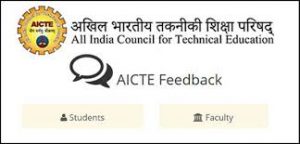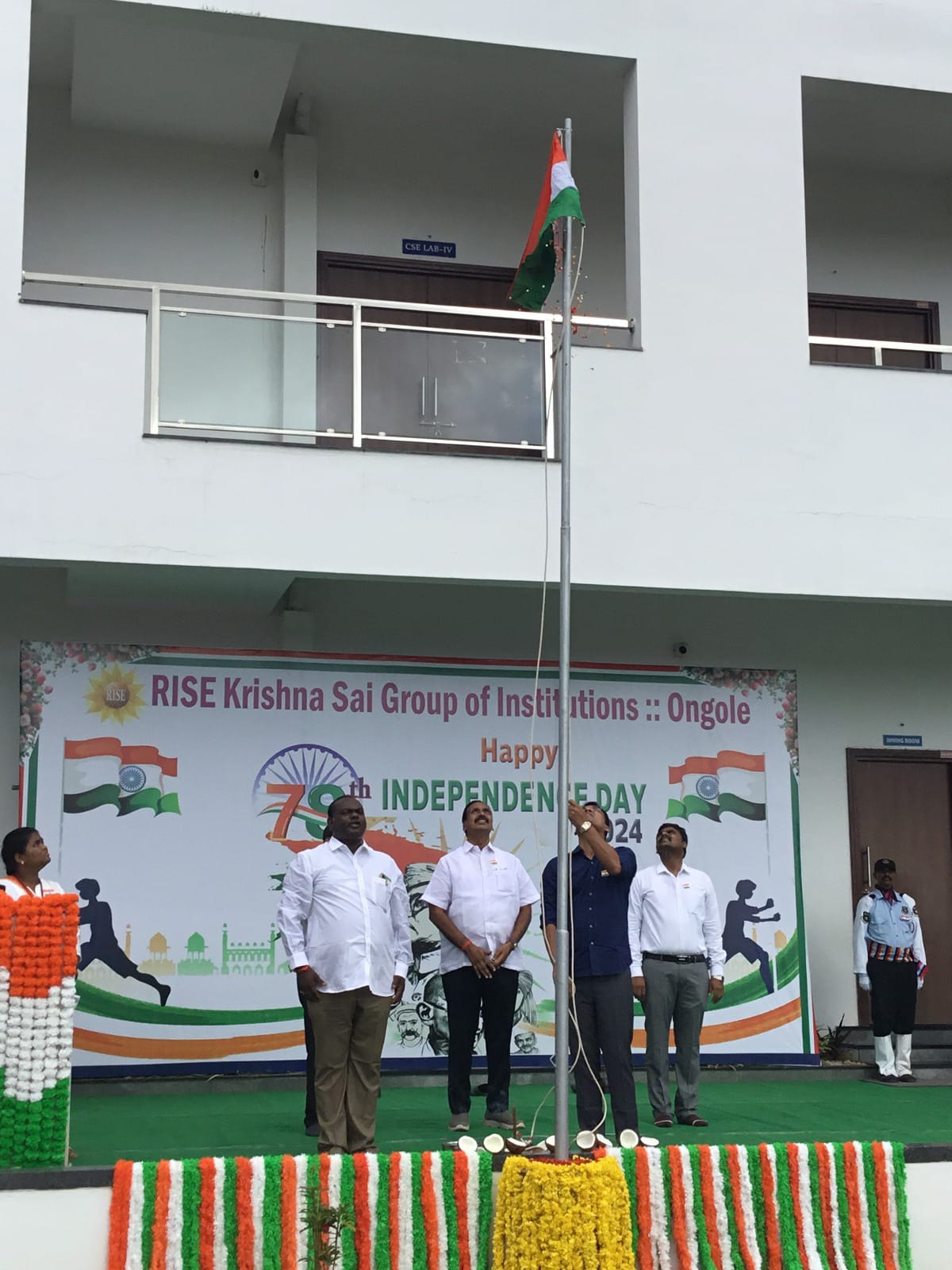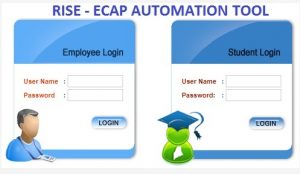PEO’S
Program Educational Objectives (PEO’s)
Graduates of the program will have
PEO1: Excel in professional career and/or higher education by acquiring knowledge in mathematical, computing and engineering principles.
PEO2: Analyze real life problems, design computing systems appropriate to its solutions that are technically sound, economically feasible and socially acceptable.
PEO3: Exhibit professionalism, ethical attitude, communication skills, team work in their profession and adapt to current trends by engaging in life long learning
PO’S
Program Outcomes (PO’s)
Programme outcomes are attributes of the graduates from the programme that are indicative of the graduates’ ability and competence to work as an IT professional upon graduation. Program Outcomes are statements that describe what students are expected to do now or do by the time of post graduation. They must relate to knowledge and skills that the students acquire from the programme. The achievement of all outcomes indicates that the student is well prepared to achieve the program educational objectives down the road. The department of Computer Applications has following PO’s.
PO1. Computational Knowledge: Understand and apply mathematical foundation, computing and domain knowledge for the conceptualization of computing models from defined problems.
PO2. Problem Analysis: Ability to identify, critically analyze and formulate complex computing problems using fundamentals of computer science and application domains.
PO3. Design / Development of Solutions: Ability to transform complex business scenarios and contemporary issues into problems, investigate, understand and propose integrated solutions using emerging technologies
PO4. Conduct Investigations of Complex Computing Problems: Ability to devise and conduct experiments, interpret data and provide well informed conclusions.
PO5. Modern Tool Usage: Ability to select modern computing tools, skills and techniques necessary for innovative software solutions
PO6. Professional Ethics: Ability to apply and commit professional ethics and cyber regulations in a global economic environment.
PO7. Life-long Learning: Recognize the need for and develop the ability to engage in continuous learning as a Computing professional.
PO8. Project Management and Finance: Ability to understand, management and computing principles with computing knowledge to manage projects in multidisciplinary environments.
PO9. Communication Efficacy: Communicate effectively with the computing community as well as society by being able to comprehend effective documentations and presentations.
PO10. Societal & Environmental Concern: Ability to recognize economical, environmental, social, health, legal, ethical issues involved in the use of computer technology and other consequential responsibilities relevant to professional practice.
PO11. Individual & Team Work: Ability to work as a member or leader in diverse teams in multidisciplinary environment.
PO12. Innovation and Entrepreneurship: Identify opportunities, entrepreneurship vision and use of innovative ideas to create value and wealth for the betterment of the individual and society.
PSO’S
Program Specific Outcomes (PSO’s)
PSO1: To Analyze, Design, Test, implement and document Software components, processes for finding solutions with specific application development using suitable models.
PSO2: To solve real world problems specified with constraints by using modern software tools, resources and techniques.







